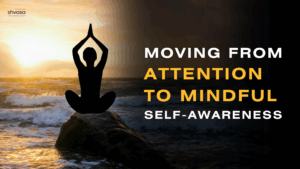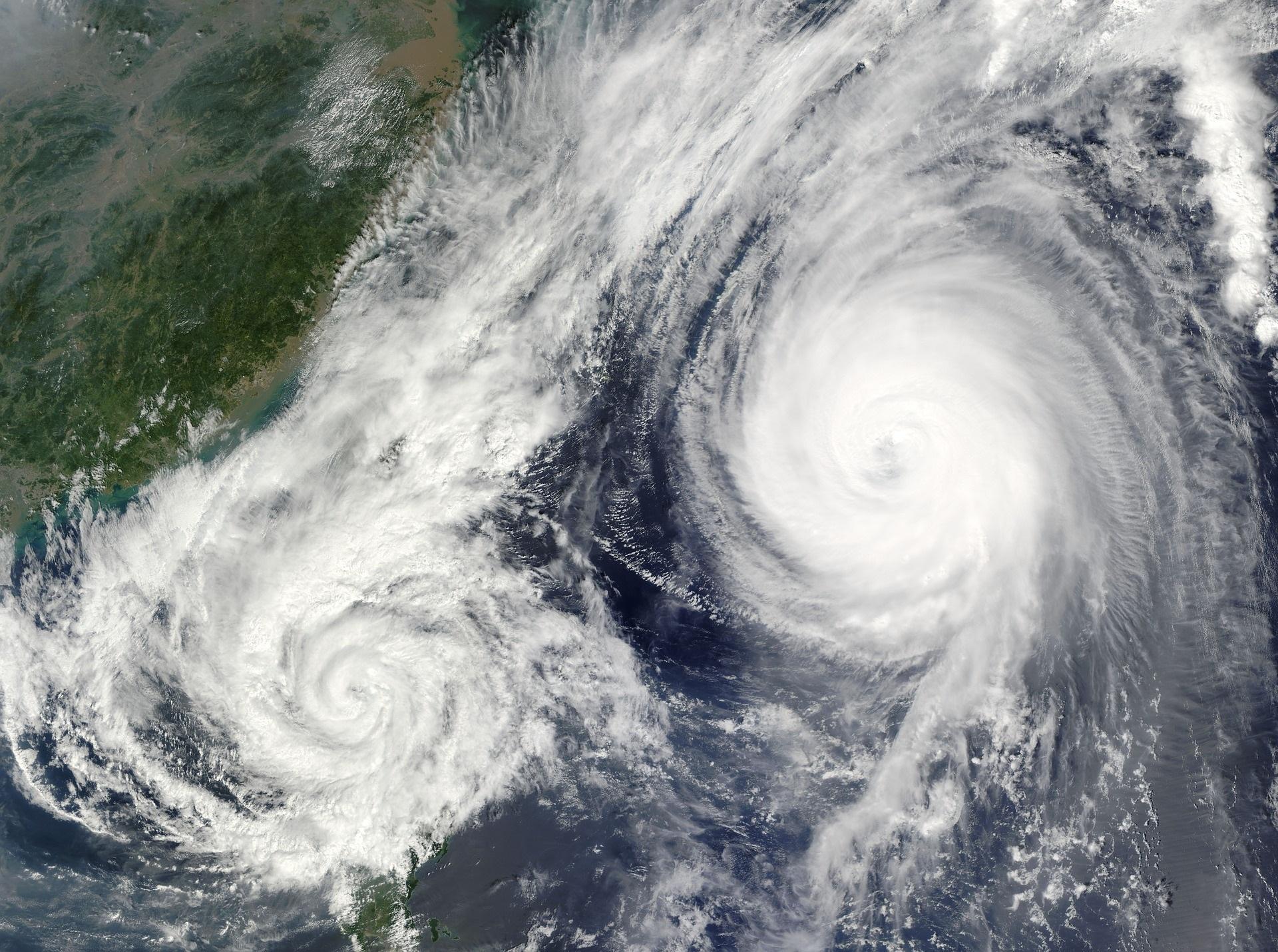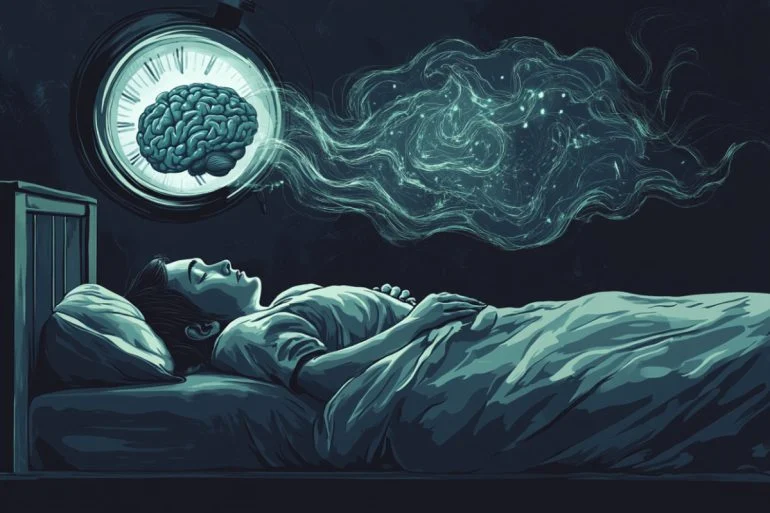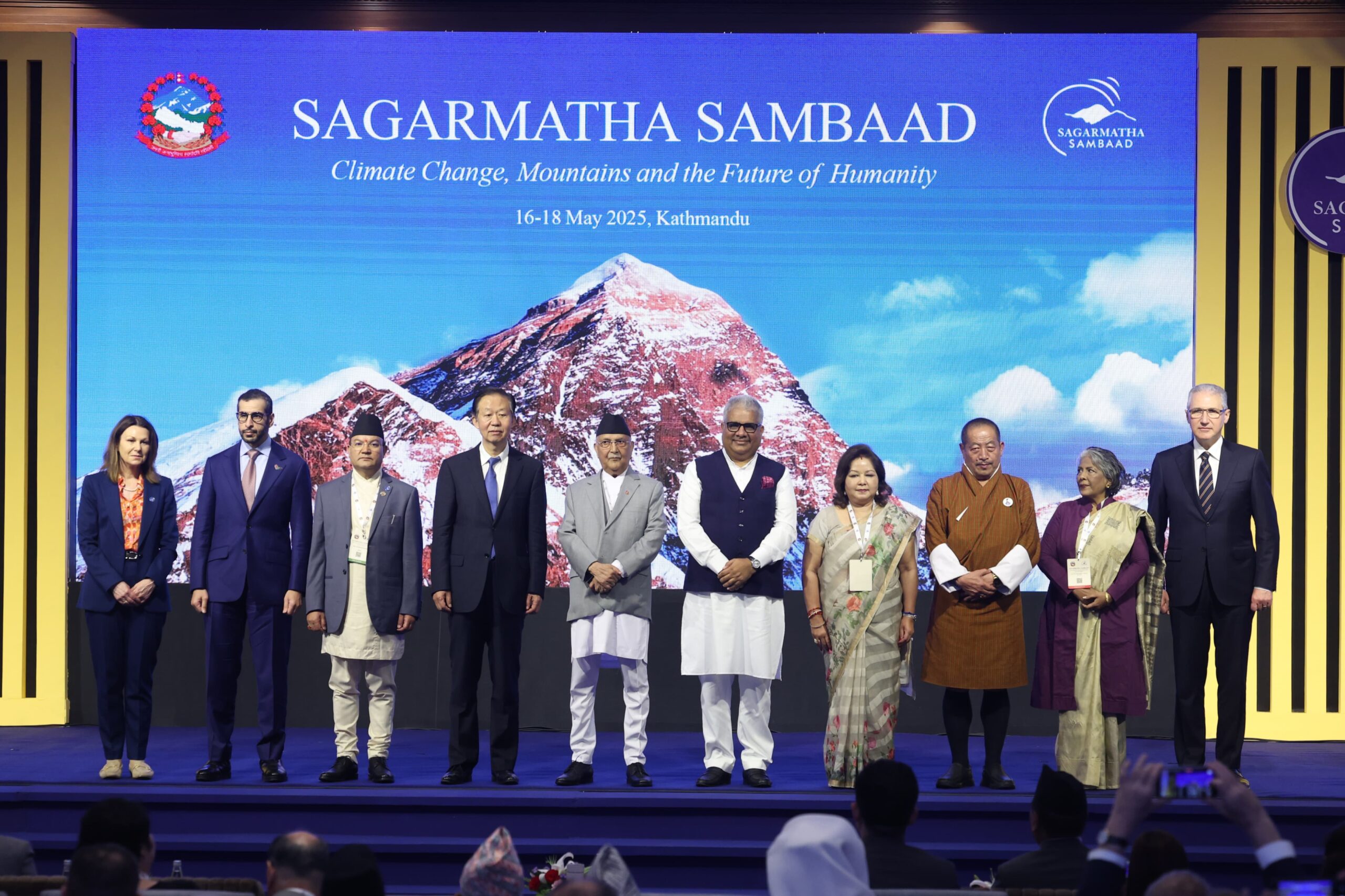What Mindfulness Really Means: A Deep Dive into the Practice of Awareness

Mindfulness, often touted as a modern-day remedy for stress and anxiety, traces its roots back to the Pali word sati, which originally meant “remembering.” In its traditional context, sati referred to remembering one’s ethical conduct and proper behavior in each moment. Over time, this meaning evolved to what we commonly understand today: the practice of being conscious and aware of the present moment.
While “mindfulness” is often equated with present-moment awareness, some prefer using the term “awareness” instead. Essentially, mindfulness is about bringing yourself back to the present moment—using your senses, breath, or body as tools for this practice. It’s about being fully engaged with what’s happening now rather than being caught up in past regrets or future anxieties.
The Link Between Mindfulness and Emotional Well-being
When we dwell on the past, it can lead to depression, where we ruminate over what we’ve done wrong or what we regret. Similarly, anxiety often stems from worrying about what’s to come, creating a constant state of unease. Research supports this idea: anxiety and depression tend to pull us either toward the future or the past, whereas mindfulness grounds us in the present, freeing us from these emotional traps.
Mindfulness can also cultivate compassion. When faced with suffering, whether our own or that of others, being mindful allows us to approach it with empathy rather than simply pushing the discomfort away.
Meditation: Making Mindfulness a Habit
Mindfulness is often associated with meditation, a practice where one sits still and focuses on their breath or senses. But mindfulness isn’t confined to meditation. It’s a practice that can be integrated throughout daily life.
To make mindfulness a daily habit, it’s important to treat it like any other part of your routine—something as familiar as brushing your teeth or taking a shower. Establishing a set time for meditation each day can help reduce the mental negotiations that often lead us to skip this practice in favor of distractions like social media.
Mindfulness vs. Meditation
While meditation is a powerful tool for cultivating mindfulness, the two aren’t synonymous. Meditation specifically involves stillness and focused awareness, but mindfulness can also be practiced throughout daily activities, such as eating, walking, or even interacting with others.
The Role of Self-Awareness and Insight
Mindfulness fosters insight by helping us understand our habitual patterns of thinking and emotional reactions. For example, if you experience anxiety or depression, regularly returning to the present moment can help shift your mind away from past regrets or future fears. With time, this practice can significantly improve mental well-being.
Moreover, mindfulness cultivates positive qualities like gratitude, compassion, and curiosity. By training the mind to focus on positive gestures—like someone holding the door open or offering a smile—we can foster a sense of appreciation for the simple kindnesses that surround us.
Embracing Difficult Emotions
Mindfulness doesn’t avoid difficult emotions such as anger, fear, or sadness. Instead, it encourages us to view them as information. For example, anger often arises from fear, and sadness from hurt. Instead of demonizing these emotions, mindfulness helps us approach them with curiosity: What is this emotion trying to tell me? What do I need in this moment?
Finding Your Own Path to Well-being
The Buddha once said there are 84,000 Dharma doors, meaning countless ways to find one’s truth. The practice of mindfulness is a personal journey. Pay attention to what brings you peace, joy, and contentment, and let those positive emotions guide you toward the practices that best serve your well-being at different stages in life.
Incorporating mindfulness into daily life can be a powerful way to regain balance, foster emotional resilience, and develop a deep connection with the present moment. Whether through meditation, mindful walking, or simply breathing deeply when stressed, mindfulness offers a way to calm the mind and navigate the complexities of modern life.










